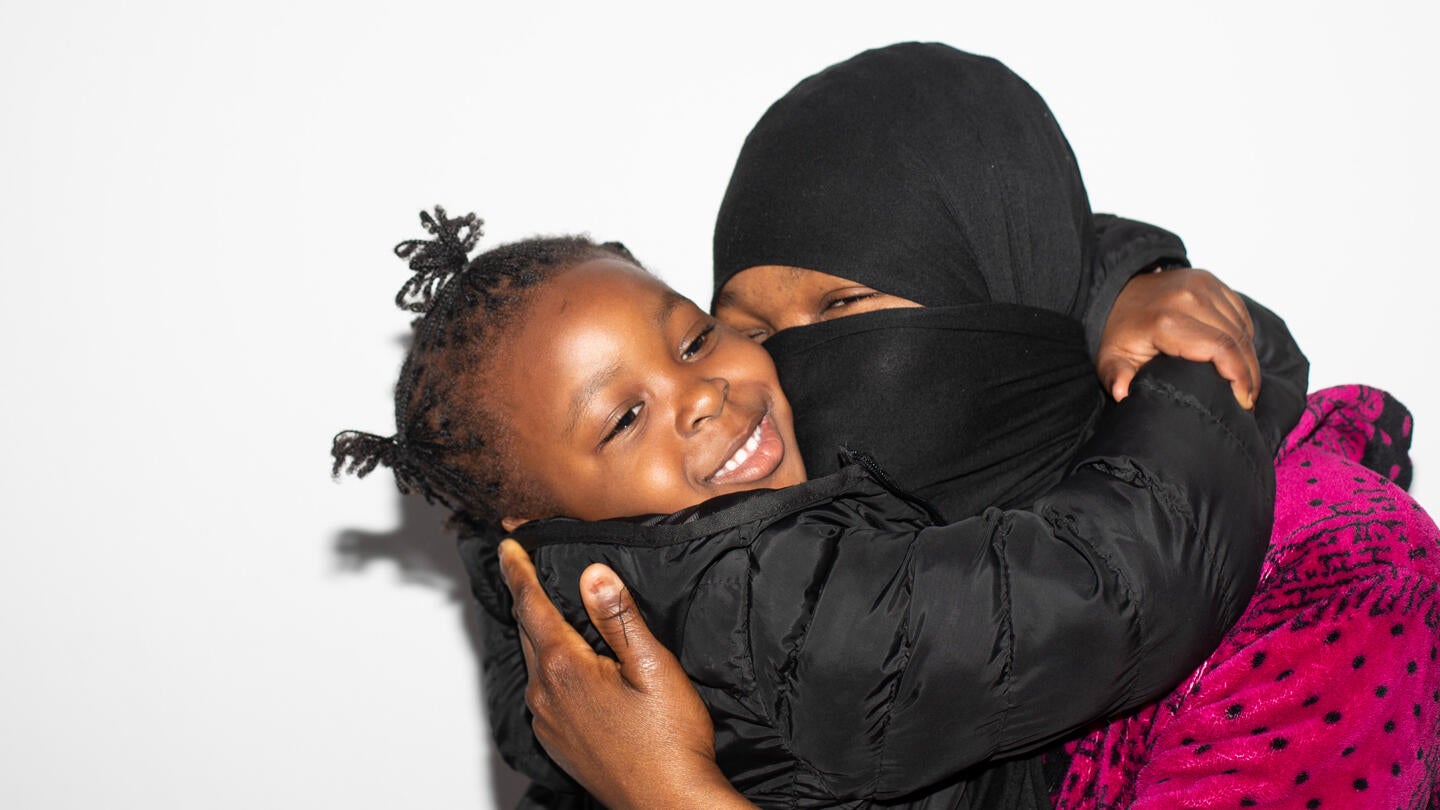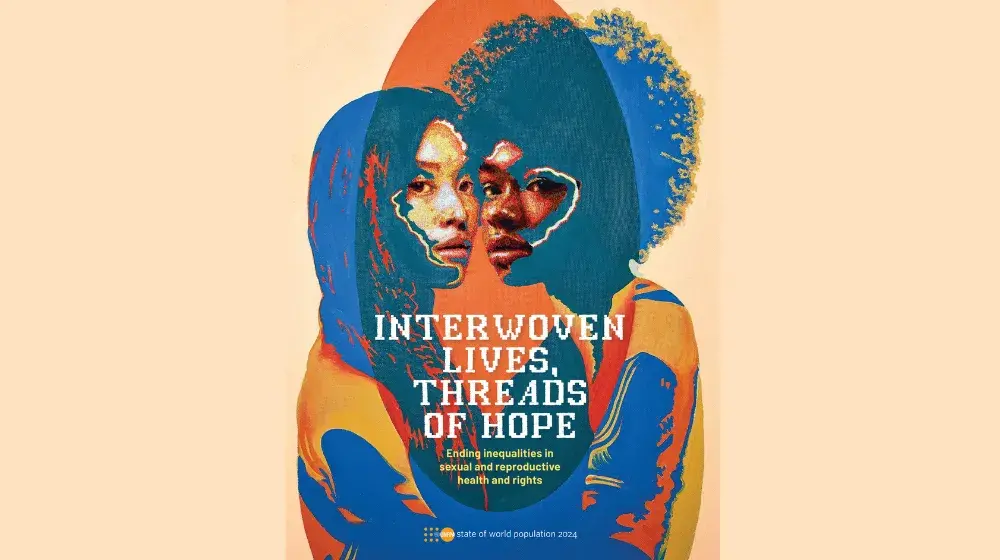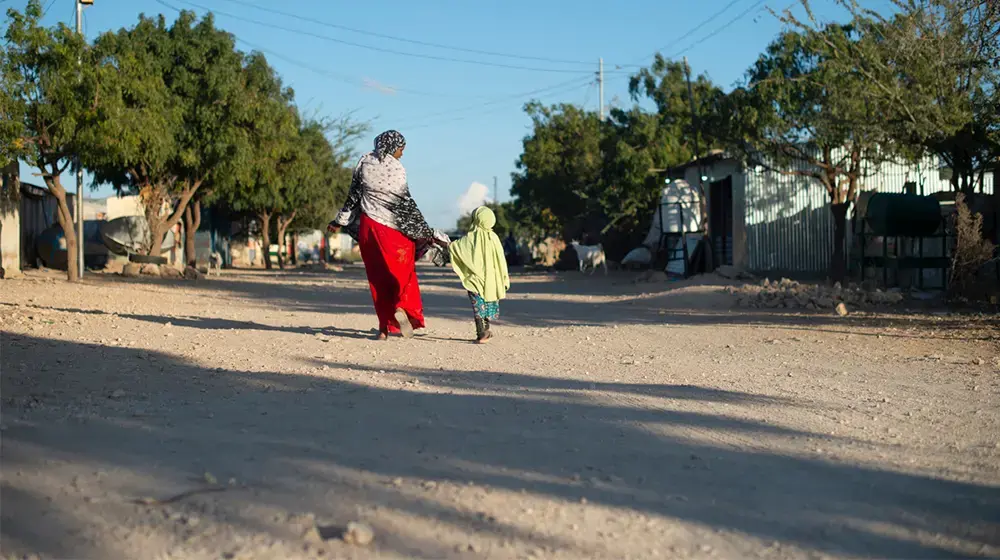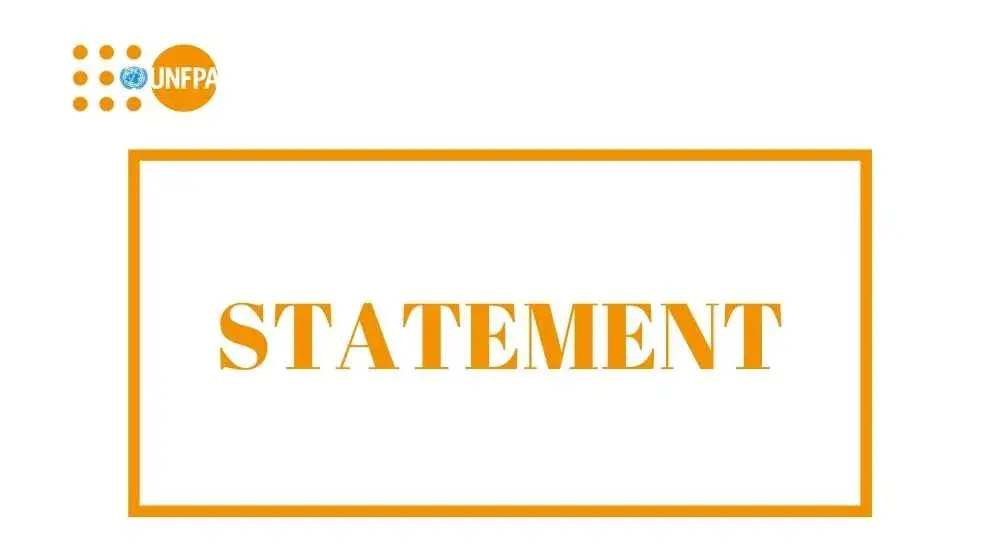Rabat – On the International Day of Zero Tolerance for Female Genital Mutilation (FGM), observed annually on 6 February, five migrant women from sub-Saharan Africa—originating from Burkina Faso, Côte d’Ivoire, and Guinea—share their powerful stories of resilience. Once survivors of this harmful practice, they are now at the forefront of raising awareness within migrant communities about its severe physical and psychological consequences.
“A Woman Took Us to the Forest, and I Was Subjected to FGM with a Knife”
Maryam, now a wife and mother of three, still remembers vividly the day she was subjected to FGM. At just eight years old, she and her older sister were taken to their village in Guinea, where the procedure was carried out despite their mother’s opposition.
“We bled for three days and became seriously ill, but there was no treatment or medicine,” she recalls. The procedure left her with lifelong health complications, from chronic infections to difficulties during childbirth. Her sister, unable to conceive, still bears the physical and emotional scars.
Determined to turn her pain into purpose, Maryam became an advocate, warning friends and colleagues about the dangers of FGM. Now living in Rabat, she actively participates in awareness-raising workshops supported by the United Nations Population Fund (UNFPA), working to protect fellow migrants from this harmful practice.
“This Practice Has Ruined My Life”
In Nador, over 500 kilometres from Rabat, Kadi, originally from Burkina Faso, shares her heartbreaking experience of being forced into FGM due to societal pressure.
“I would never advise anyone to do this to their daughter,” she says. Now an activist, Kadi is committed to educating others about the dangers of FGM. Through the Migration Multi-Partner Trust Fund (MPTF) Project, UNFPA is supporting efforts to provide essential information and services, including sexual and reproductive health care, assistance for survivors of gender-based violence, and the empowerment of migrant women to become agents of change in their communities.
“If a Girl Is Not Subjected to FGM, She Is Considered a Bad Person”
Georgette, a 31-year-old from Côte d’Ivoire, hardly escaped FGM, yet her childhood was marked by immense social pressure.
“The pressure started when I was 10,” she explains. In her village, girls who had not undergone the practice were labelled as ‘bad girls’ and faced rejection.
Now, thanks to psychosocial support programmes, Georgette is regaining her confidence. “Today, I know where to go for reproductive health services,” she says, underscoring the importance of access to healthcare and safe spaces for survivors.
“They Take You by Force… You Can’t Escape”
Maryam, another survivor, was only 12 when she was subjected to FGM.
“They told us that if a girl isn’t subjected to FGM, it will affect her health or she will become a bad girl,” she recounts. The traumatic experience still haunts her.
“They take you by force, and two or four people hold you down until it’s done,” she recalls. Many procedures are performed by unqualified midwives using razors or scissors, leaving girls to suffer severe bleeding and infections without medical care or pain relief.
Breaking the Silence: Raising Awareness and Empowering Women
While millions of women and girls worldwide continue to be subjected to FGM, migrant women in Morocco are taking a stand, leading awareness campaigns to break the silence and challenge societal pressure.
Regina, one of the trained community leaders, has organised several sessions to educate migrant women about their rights, sexual and reproductive health, and how to seek support if they experience gender-based violence.
“Women now understand their rights and know where to turn if they are subjected to violence,” Regina says, stressing the need to create a safe and supportive environment for survivors to heal and build independent futures.
A Message of Hope and Change
Despite the pain they have endured, these women are reclaiming their voices and fighting for an end to FGM. Through awareness, solidarity, and education, they are shaping a society that respects women’s rights—one where girls and women have control over their bodies, free from practices that have long dictated their futures.
Their courage sends a clear message: survival is just the beginning—flourishing is the goal.





